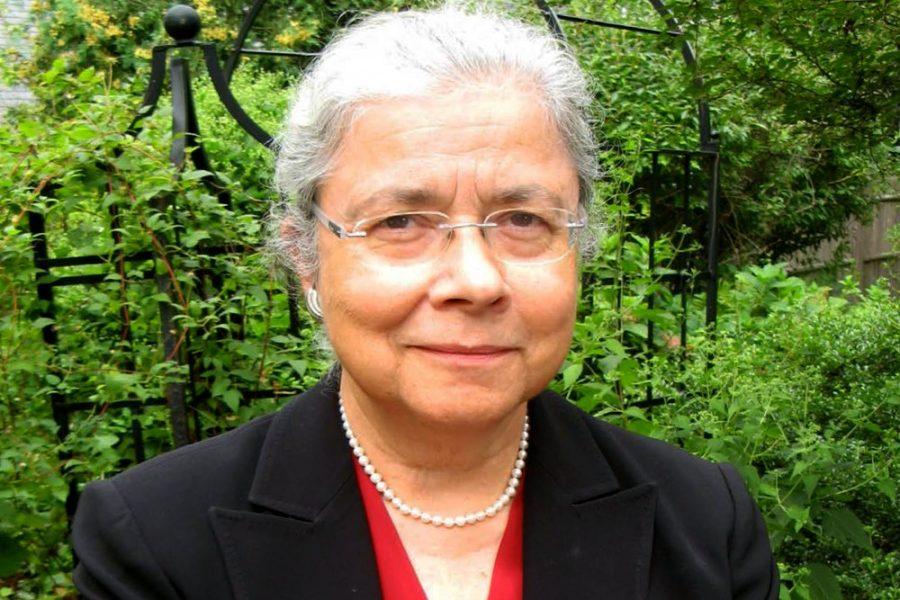Legendary 18th-century composer George Frideric Handel had such an attitude that it is remembered even today. Once, when one of his singers complained of his accompanying method and threatened to jump on Handel’s harpsichord, Handel responded, “Oh! Let me know when you will do that, and I will advertise it. For I am sure more people will come to see you jump, than to hear you sing.”
On Thursday, the Phi Beta Kappa Visiting Scholar Program will present Ellen T. Harris as she gives a public lecture on the topic, “How Did Handel’s Audiences Hear His Operas?: Mary Delany and Floridante.”
Ellen Harris graduated from the Massachusetts Institute of Technology in 1949, receiving the university’s Gyorgy Kepes Prize in 2005 for her contributions to the arts. Her book “Handel as Orpheus: Voice and Desire in the Chamber Cantatas” received both the 2002 Kinkeldey Award from the American Musicological Society and the 2003 Gottschalk Prize from the American Society for Eighteenth-Century Studies. Harris is the president of the American Musicological Society and a fellow of the American Academy of Arts and Sciences.
Harris is a soprano soloist herself. She has sung the national anthem at Fenway Park and performed with John Williams and the Boston Pops Orchestra.
Harris’ lecture on Thursday will focus on Handel’s operatic compositions. He wrote many biblical oratorios, dramatic tunes based off of Greek tragedies and some patriotic works. Handel was known for using his humor to dissipate rough situations. At one point, controversy arose when Handel used material from another musician, Giovanni Bononcini. When asked why he had borrowed another man’s compositions, according to gfhandel.org, he responded, “It’s much too good for him; he did not know what to do with it.”
Jay Rosenblatt, an associate professor of music history, said that the lecture is “a wonderful opportunity to engage with a brilliant scholar whose research does not stop with the music by a great composer.”
The subject of her lectures intrigues him even more.
“Handel wrote the music for ‘Messiah,’ of course, portions of which are performed every Christmas,” Rosenblatt said. “But there is so much more to his story.”
Rosenblatt said he expects Harris to “explore Handel’s music from political and social perspectives, the sorts of things that anyone interested in the history of early 18th-century London would find fascinating.”
He added that the lecture will be from Harris’ point of view, as she intends to lead the lecture as if she and Handel were friends.
The lecture will be held in Holsclaw Hall in the School of Music at 7 p.m., and admission is free to the public.









